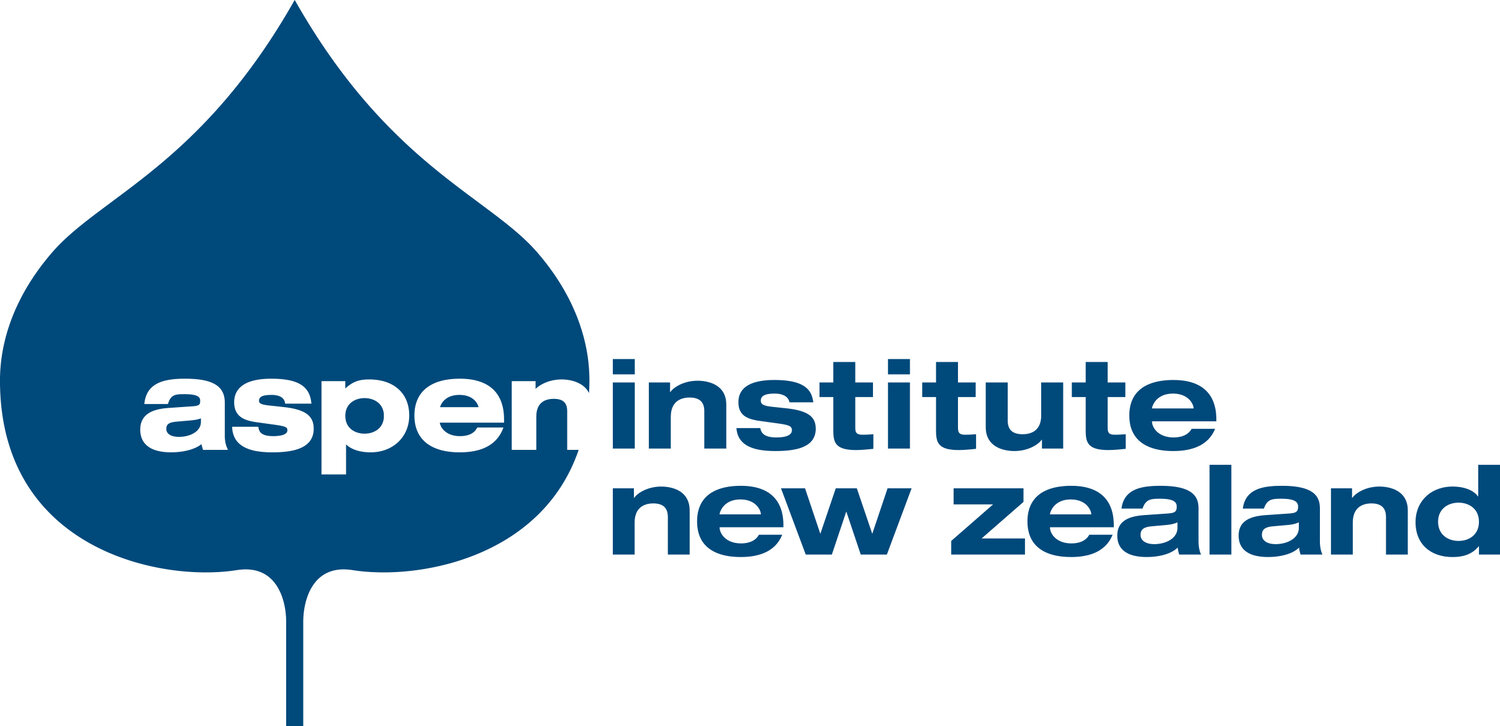Adapting to a Changing Climate - Winter Sports Not Melting Away Yet
Sister Cities Challenges Series
Winter Sports and Climate Change - What’s the Plan?
In the first session of the Sister Cities Challenges series, Aspen and Queenstown came together to address a shared and pressing issue: the impact of climate change on winter sports and mountain communities. This virtual forum brought together leaders from the winter sports business community, climate scientists, and sustainability advocates to discuss how these two iconic destinations are responding to the challenges of a warming climate, welcomed by Debbie Braun, President & CEO of the Aspen Chamber Resort Association.
“Since 1980, Aspen has on average 31 fewer days that no longer get below freezing...that’s like loosing an entire month of business...climate change is an existential threat to our business and way of life.”
Discussions highlighted how climate change is affecting the mountains that both regions rely on. Dr. Todd Redpath shared his observations of increasing variability of wind, rain, and temperatures, noting the difficulties in climate forecasting and modelling due to limited high-altitude climate records in New Zealand. He stressed that the trajectory of global emissions will determine the pace of change, and remarked that while ‘no snow’ isn’t inevitable, mitigation and adaptation efforts are vital to manage the outcome.
Panellists also addressed the practicalities of implementing these strategies. NZSki CEO Paul Anderson discussed how his company has achieved more than 50% reduction in emissions through measures like transitioning to a 100% renewable energy supplier and improving waste management, which has led to a 42% decrease in landfill waste. Notably, Anderson emphasised that these measures are not only good for the environment but also make sound business sense by reducing costs in both the short and long term. He also acknowledged that while further innovations, such as electric groomers and biofuel transport solutions, are on the horizon, technological and commercial limitations need to be addressed first.
“Our focus has been on taking tangible actions that demonstrate what is possible in a business environment...all our decarbonisation initiatives have had positive business impacts.”
In Aspen, adaptation is also tied to innovation. Hannah Berman, Sustainability and Philanthropy Senior Manager for Aspen One, echoed the need for proactive strategies and shared her company’s plans for the United States’ first fully electric hotel, as well as their goal of achieving 100% renewable energy by 2030. To ensure sustainability beyond winter sports, Aspen has diversified its offerings, becoming a year-round resort with attractions like a mountain coaster. Berman also stressed the critical role of advocacy, encouraging communities to actively support climate-positive policies at both local and national levels to drive the systemic changes needed to combat climate challenges.
Special guest and climate scientist Dr Jim Salinger added context, noting that both regions have already experienced mean temperature increases of over two degrees Celsius since the 1930s. These changes are accompanied by fewer sub-zero days and increasingly unpredictable weather patterns, raising the stakes for timely and collective action.
“It’s not a foregone conclusion that we’re going to see the end of our snow seasons...the emissions pathway we end up on will make a difference...in the changes we see by the end of the century.”
This Sister Cities dialogue provided an excellent platform for exchanging strategies and reinforced the importance of collaboration to address the challenges ahead. To fully appreciate the data, key takeaways, and innovative ideas shared during the session, we encourage you to watch the forum replay below. The next forum in the series is scheduled for Q1 next year, focusing on transport and infrastructure challenges - sign-up here to receive event updates.
Panellists:
Paul Anderson is Chief Executive Officer of Queenstown-based NZSki Limited and Executive Director of its parent company Trojan Holdings Limited. NZSki owns and operates Coronet Peak, The Remarkables and Mt Hutt ski areas, catering for more than 700,000 guests each year and employing in excess of 1,400 staff at the height of the season. As well as executive roles, his governance experience includes private sector and council-controlled trading organisations including the Establishment Board of the Local Government Funding Agency. Paul has previously held senior roles in the private, public and local government sectors most recently as General Manager Corporate Services for Christchurch City Council. He started his career as a policy analyst at the New Zealand Treasury. Paul holds a Master of Commerce (First Class Honours) from the University of Canterbury, is Chartered Accountant (CA) and a Chartered Member of the Institute of Directors.
Hannah Berman is the Sustainability and Philanthropy Senior Manager for Aspen One (parent company of Aspen Skiing Company, Aspen Hospitality and Aspen Ventures). She supports sustainability initiatives that harness the influence of the outdoor industry to tackle climate change. She also directs the Environment Foundation, an employee-led nonprofit, which has granted $4.5 million to environmental nonprofits since inception. In 2024, she was elected to Basalt Town Council, where she advocates for state and local polices that advance clean energy and electrification.
Dr. Todd Redpath is a Scientist, Senior Resource Forester at Interpine Innovation and recently a lecturer at the University of Otago Schools of Geography and Surveying. His primary research interests are in the application of remote sensing and geospatial techniques to improving our understanding of processes in the cryosphere, particularly snow hydrology and the response of seasonal snow to climate change. He is a founding member of the Mountain Research Centre at the University of Otago, and a board member for Protect Our Winters Aotearoa. Hailing from Invercargill, Todd was fortunate to grow up snowboarding on the mountains of the Southern Lakes.
Moderator:
Christine Maiden Sharp, former Executive Director of the New Zealand Chamber of Commerce Singapore and consultant with McKinsey & Company, Christine is the Founder and Chief Executive of the Aspen Institute in New Zealand. After living and working in Asia, Australia, and the USA for much of her professional life, Christine was inspired to launch the initiative when she returned to Queenstown, New Zealand.

